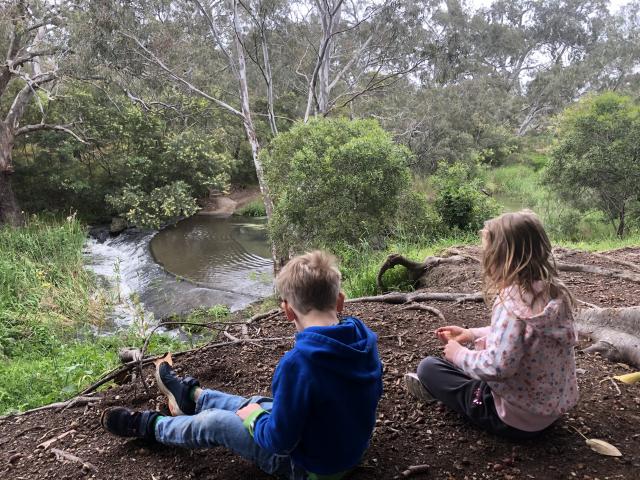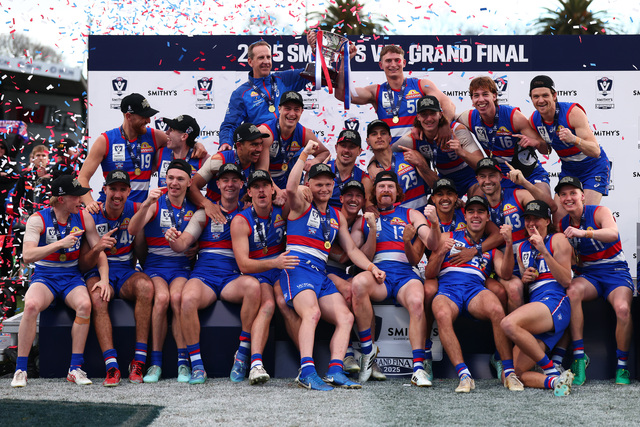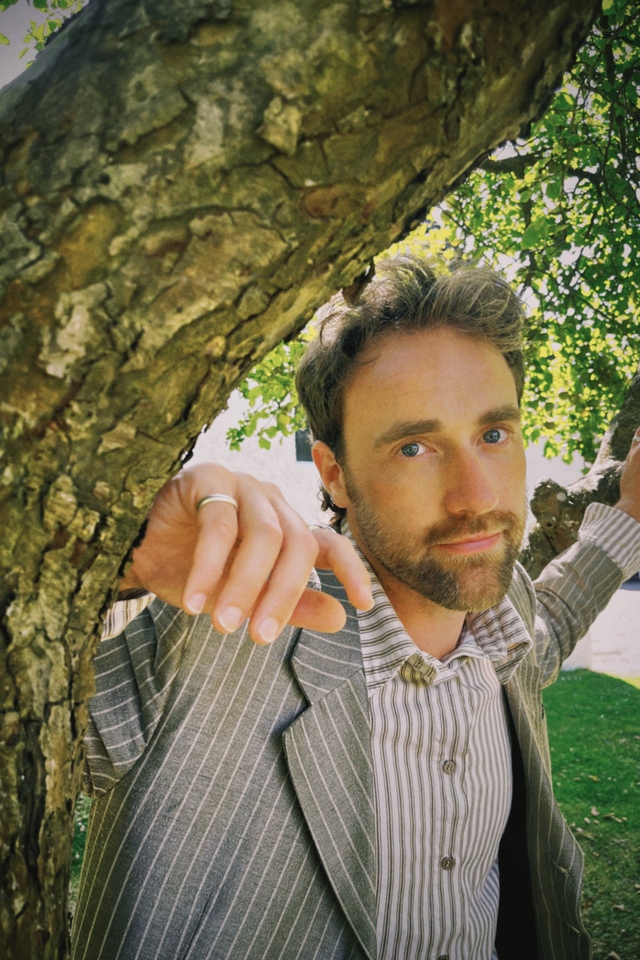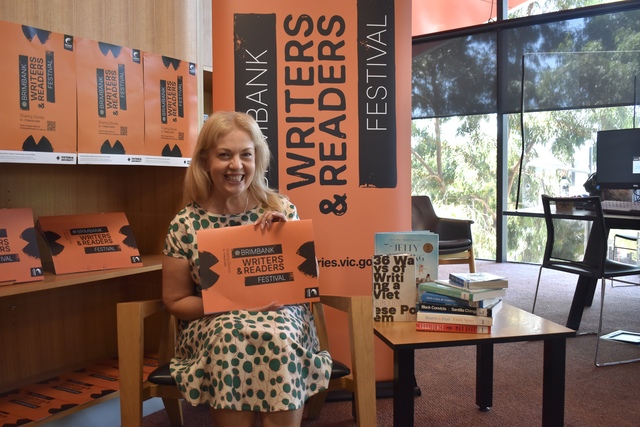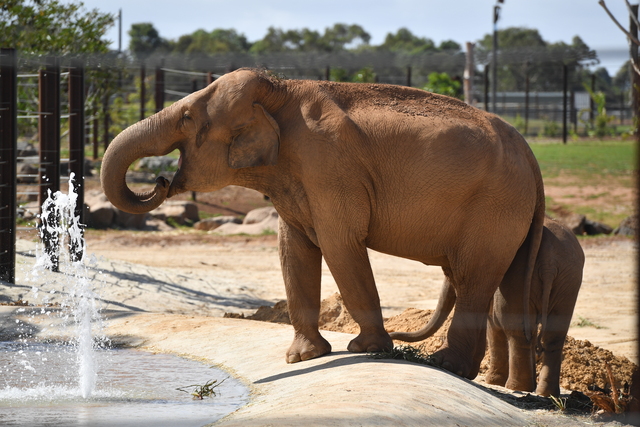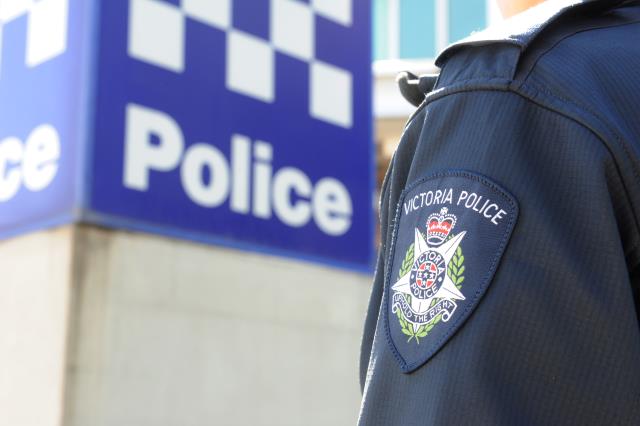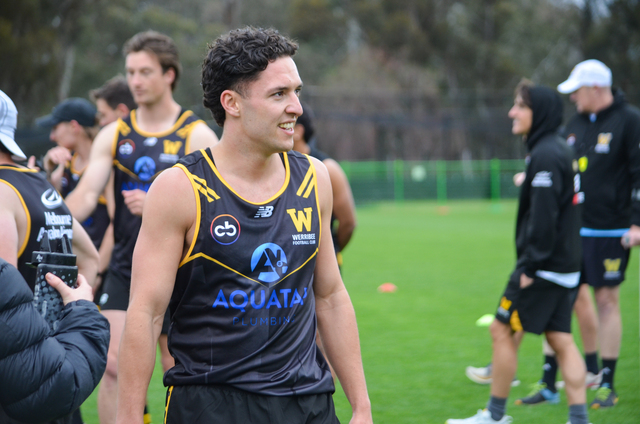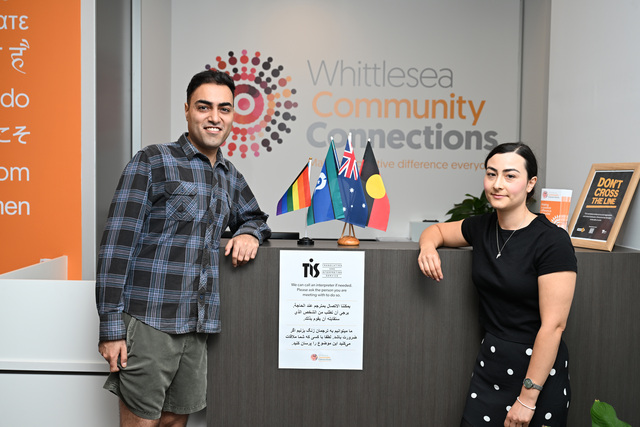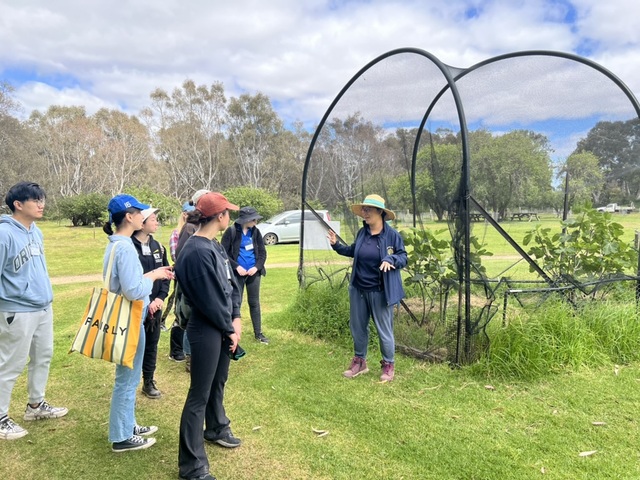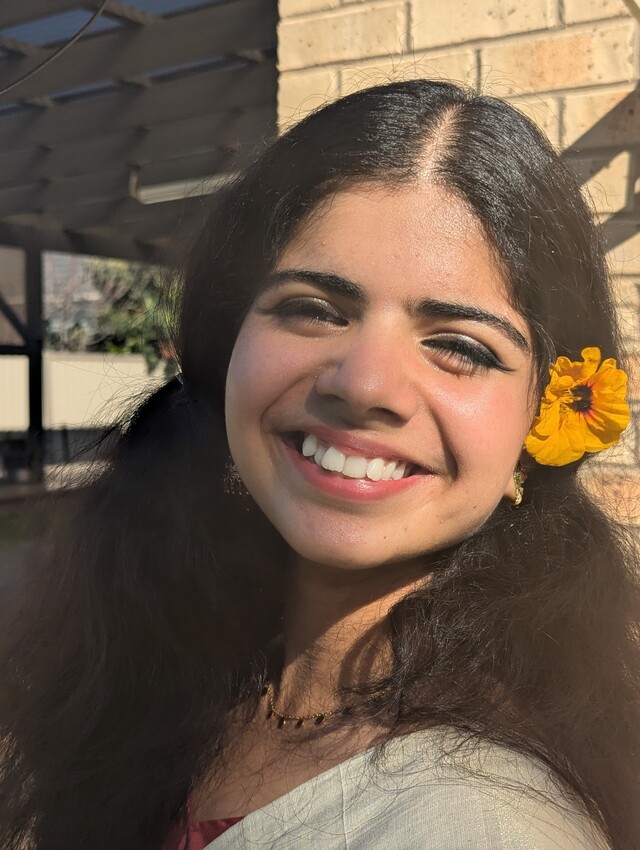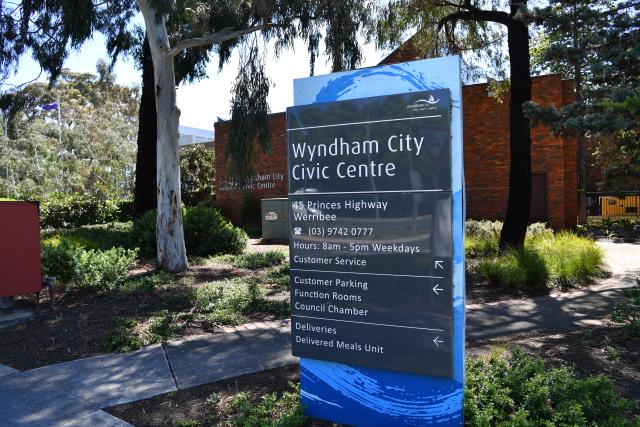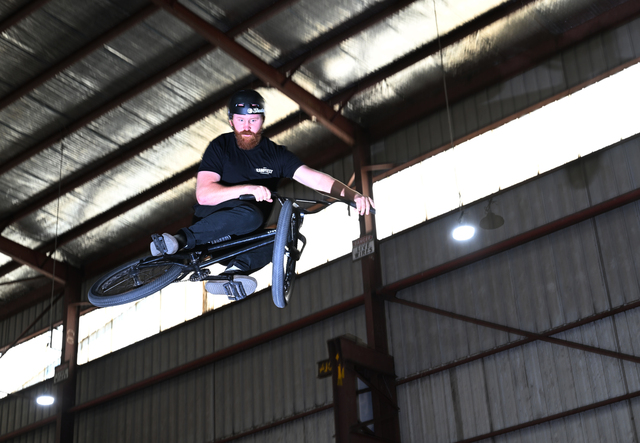Current figures from the Australian Institute of Health and Welfare suggest one in 32 children required child protection services in 2019-20. For those needing out of home care, the state relies on foster homes, like the Williams family, to keep children safe and secure. Fatima Halloum talks with them about the need for more carers.
Kathryn and Nathan Williams do what only a small percentage of good Samaritans in Victoria do, but the couple are adamant they’re not saints.
“We had always imagined that we’d have kids, always expected that we would share life with kids, we were pretty unlucky on that front.” Mrs Williams said.
“We signed up for the training to get a better feel for what would be involved, we were both really excited about the prospect of fostering.”
There are more than 14,000 kids in the state’s child protection service and two of them are under the care of the Williams.
Eight-year-old Anna* and her six-year-old brother Andrew* have lived with the Williams family for just over two years.
“They’re from a family who loved them, lots of reasons they can’t look after them,” Mrs Williams said.
“Domestic violence played a big factor in why these kids required out of home care … they’re loved by us, but they’re also loved by the families they come from.
“We talk about about violence against women, which is shocking, what’s often hidden is the impact that has on kids in these families, it’s real trauma, real trauma that they’ve experienced at a very young age.”
Mrs Williams said it’s a difficult situation for children to be in as they don’t have much say in big decisions that are made in their best interest.
“They certainly have found it really tough … [they’re] just trying to be little kids and have the same experience of life as every other kid,” Mrs Williams said.
“They were very used to doing things themselves and not really trusting that we could look after them, that understanding that it’s our job to do.”
Mrs Williams said there’s a common misconception that fostering is too difficult for people who worry they’ll grow too attached to the kids.
“It’s not really about that, it’s about providing for a young person, it’s providing what you can for a kid who needs it now,” she said.
“I was really worried about this, these kids were coming in, what do they call us? I think it might have been the first week and the little fella, who wasn’t very verbal when he came to us, he didn’t say much, he looked at me and said ‘my Kathryn’.
“You worry about ‘how does this work?’, how do you parent another person’s children without trying to overstep or replace something that’s so important – a relationship with their mum- but I think you learn to follow their lead.”
Mrs Williams believes most people are unaware of how few carers there are for the number of kids desperately needing a stable and safe home.
“It is a hidden kind of an issue … I think out in the west here, we have a big need, you’re surprised when you actually learn how many kids are in and out of home care and how many kids are visible to child protection,” she said.
The Williams foster through Uniting Vic.Tas, a community services organisation that delivers services such as emergency relief, mental health, aged care and family services across Victoria and Tasmania.
Uniting child, youth and families senior manager Philip Yew said now more than ever, vulnerable children and young people were in dire need of a place to call home.
“Children and young people living away from their birth families are among the most vulnerable people in our community,” Mr Yew said.
“We’re in critical need of carers for children and young people with the COVID pandemic having a significant impact both on the numbers of young people requiring care, but also on the recruitment of foster carers.”
Mrs Williams said there’s “a lot of different ways” to be a carer and “anyone” could do it.
“I don’t think people realise how much we, as carers, get out of it, like it is by far the best and most important thing that my husband and I have ever done,” she said.
“Just do the training, you can be an accredited foster carer without ever having a placement, you can do respite once a month, whatever your availability, they will take anything that you can give.”
“If we’re good enough, you’re good enough. If we can help, anybody can help a child in the system.”
Anna and Andrew will be with the Williams for long-term placement and might need out of home care for “quite a while”.
“It’s not permanent placement … but we’ll grow them up. We’d love them wherever they live,” Mrs Williams said.
“At the moment they need us this way, but they’re such a special part of our family that they’ll always be part of our family.”

